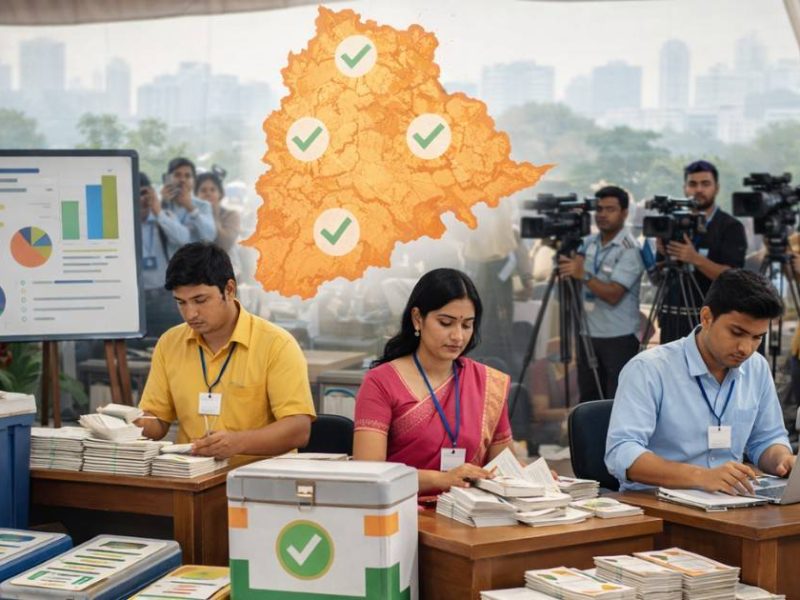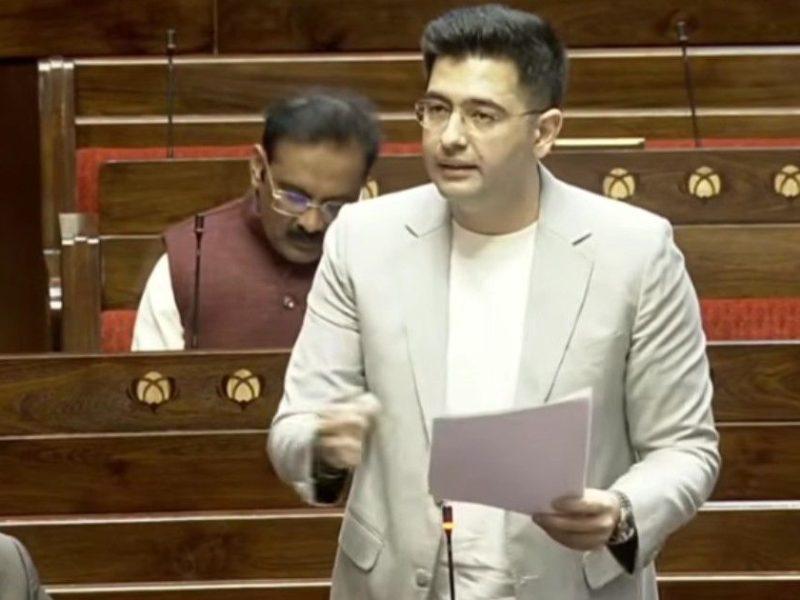In the midst of swirling rumors about a potential reunion with the INDIA opposition bloc, Bihar Chief Minister Nitish Kumar has reaffirmed his support for Prime Minister Narendra Modi and the BJP-led National Democratic Alliance (NDA). This declaration comes at a crucial time, with ongoing negotiations for ministerial positions and lingering tensions over past grievances.
Despite widespread speculation suggesting a possible shift in allegiance, Kumar remains steadfast in his alliance with the BJP, emphasizing his commitment to Modi. His unwavering support underscores the complexities of Indian politics and the enduring nature of certain alliances. As discussions within the NDA continue, Kumar’s political moves are under close scrutiny, with each decision potentially reshaping the national political landscape.
Known for his political acumen and occasional shifts in loyalty, Kumar made his stance clear during a recent meeting of the newly elected NDA MPs. He affirmed, “I will be with PM at all times,” a statement that not only solidifies his commitment to the BJP but also serves as a subtle response to his former allies in the INDIA bloc, whom he has accused of lacking substantial contributions to the nation’s progress.
Kumar’s association with the BJP-led NDA has been a topic of scrutiny, particularly after his departure from the INDIA opposition bloc, which he helped form. His return to the BJP earlier this year earned him the nickname ‘paltu Kumar,’ a label he appears unfazed by as he continues to navigate the intricacies of Indian politics.
The significance of Kumar’s support for Modi is heightened following the recent Lok Sabha elections, where neither the BJP nor the NDA secured an outright majority. With the BJP falling short of the 272-seat mark, smaller parties like Kumar’s Janata Dal United (JDU) and Chandrababu Naidu’s Telugu Desam Party (TDP) have assumed the role of kingmakers.
Speculation about a potential reunion between Kumar and the INDIA bloc gained traction after the election results. However, sources close to the JDU leader have dismissed these rumors, asserting that Kumar remains committed to his alliance with the BJP. Nevertheless, negotiations over ministerial positions have hinted at underlying tensions, with reminders of past grievances resurfacing.
A notable incident highlighting these tensions is the January meeting of the INDIA group, where an agreement regarding Kumar’s role as Convenor was allegedly reached but later deferred at the request of Rahul Gandhi. The delay, attributed to the absence of Mamata Banerjee, reportedly influenced Kumar’s decision to leave the opposition bloc.
As discussions within the NDA continue, Kumar’s unwavering support for Modi is a testament to the complex dynamics shaping Indian politics. While alliances may shift and speculations may abound, Kumar’s allegiance to the Prime Minister highlights the enduring nature of certain political relationships in the ever-evolving landscape of Indian democracy.
In the coming days, as ministerial positions are allocated and policy agendas take shape, the political trajectory of Nitish Kumar and his JDU will undoubtedly be closely watched. Each move carries the potential to reshape the contours of national politics, making Kumar a pivotal figure in the current political climate.
Last Updated on: Saturday, June 8, 2024 11:04 am by Indian News Bulletin Team | Published by: Indian News Bulletin Team on Saturday, June 8, 2024 11:04 am | News Categories: Politics

